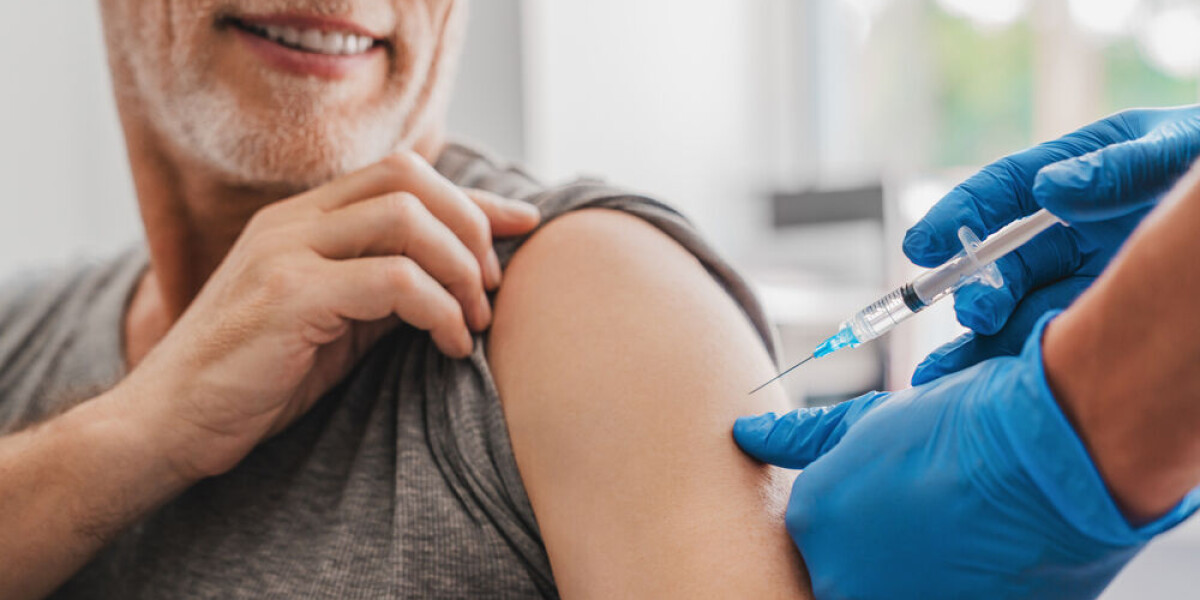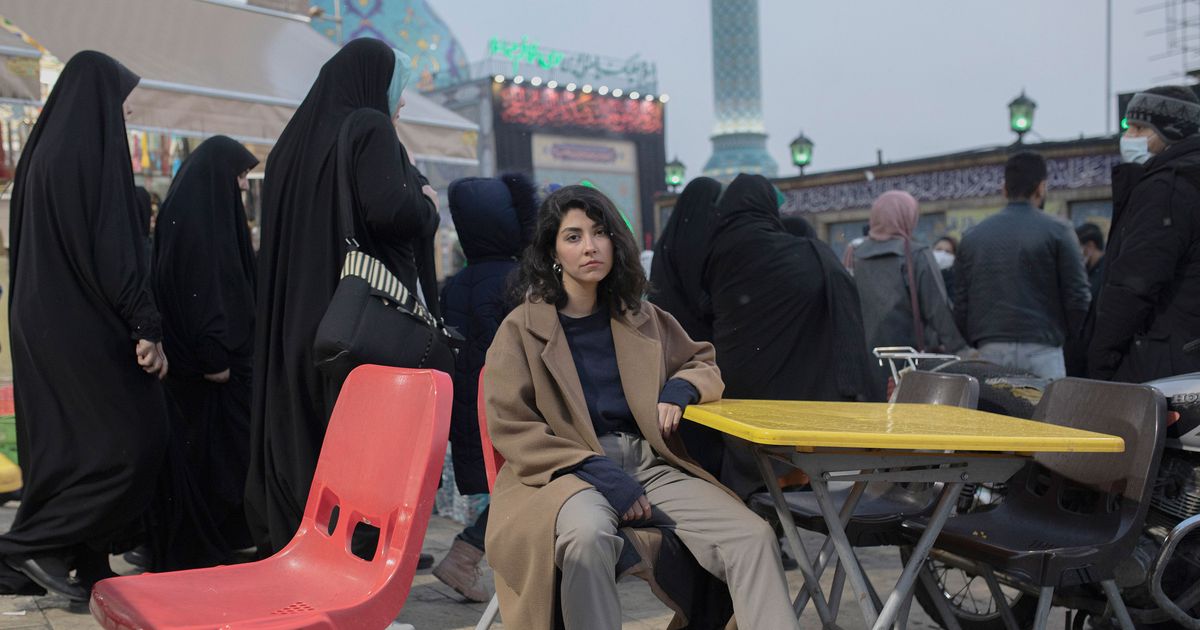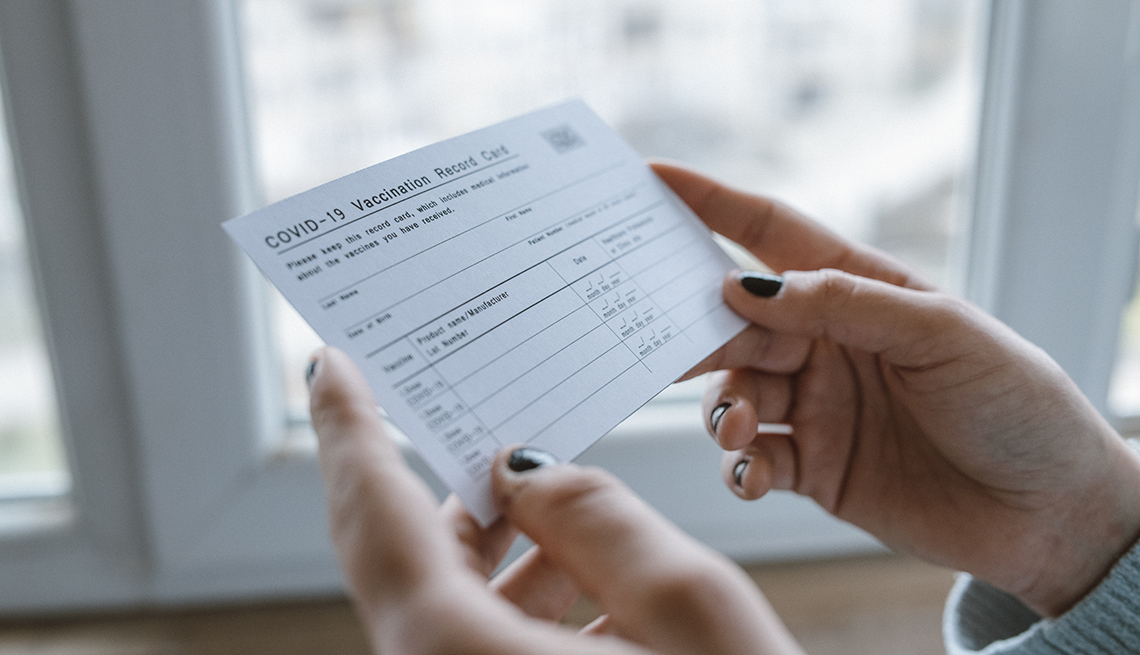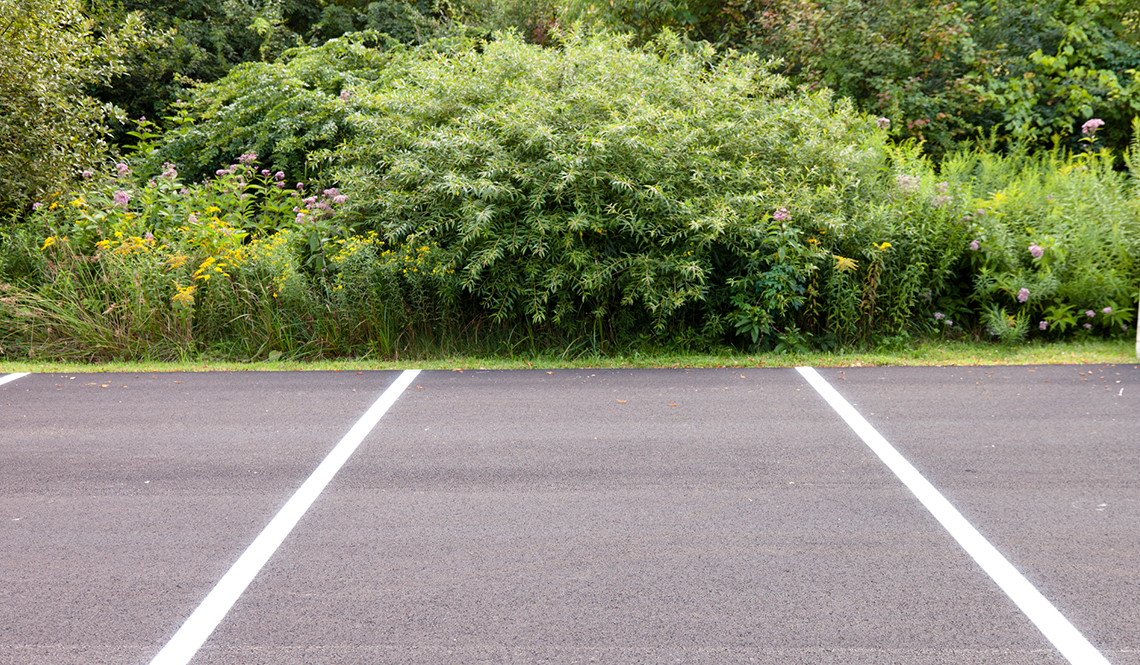
- Select a language for the TTS:
- UK English Female
- UK English Male
- US English Female
- US English Male
- Australian Female
- Australian Male
- Language selected: (auto detect) - EN
Play all audios:
The winter flu vaccination campaign in France has been extended until February 29 as a result of increased cases over the past few weeks.
France is currently experiencing a flu epidemic nationwide, in every department, including in Corsica. The virus season is considered to last from around November to April, meaning that the
virus may not yet have reached its peak in France in 2023-24.
Read more: See: big rise in flu cases and hospitalisations in France
As a result, the Sécurité Sociale has stated: “Within the context of a high spread of different respiratory viruses, health authorities have decided to extend the vaccination campaign
against flu until February 29 (instead of January 31).”
In its latest bulletin on acute respiratory infections (up to January 31), Santé publique France (SPF) said that virus indicators for flu have increased by 15.7% week-on-week at GPs, with a
59.3% positivity level (again, as reported by GPs).
The number of people visiting emergency care due to flu is “rising sharply”, it said, with 11,146 people admitted in the last week of January, versus 7,657 the week before (a rise of 46%).
The number of people actually admitted to hospital hit 1,957, versus 1,386 the week before (a rise of 41%).
Since October 2023, 288 patients with flu have been admitted to intensive care units (of those units participating in regular surveillance, SPF said).
SPF is still urging people to be vaccinated - especially those at high-risk, for whom the vaccination is 100% reimbursed by the state - even as the end of the winter season approaches.
Only 38% of at-risk people have been vaccinated, said SPF. “The majority of indicators have been rising sharply in GP surgeries and in hospitals, among all ages” since mid-January, it stated
in its latest report.
On average, each season’s flu epidemic represents “one million consultations at GP surgeries, more than 20,000 hospitalisations, and around 9,000 deaths, all within a dozen weeks”, the
health authority said.
An estimated 2,000 lives in the over-65s category alone are saved each year as a result of vaccination, SPF said.
“In this context, being vaccinated against flu remains essential,” it advised. This includes pregnant women, healthcare workers, immunosuppressed people, and those aged 65 or over.
SPF also advised people to continue barrier gestures - such as wearing masks, handwashing, and keeping their distance from others - in enclosed public spaces or settings with vulnerable
people.
The flu vaccines used each year - they change annually - are generally considered to be 40-60% effective, depending on the strain of flu in circulation.
This year, cases suggest that the strain is mainly H1N1 (accounting for around 70% of infections), although H3N2 has also been detected.
The composition of “influenza vaccines for the northern hemisphere is decided by World Health Organisation (WHO) experts between February and March, on the basis of available data on viruses
from the winter just ending and those beginning to circulate in the southern hemisphere”, explained Professor Bruno Lina, Director of the National Reference Centre for Respiratory Infection
Viruses in Lyon, to Le Point.
Also in its latest report, SPF said that France was no longer at epidemic levels for bronchiolitis, and added that most indicators of Covid-19 are “dropping, or at a weak level”.
Free vaccinations are available if you are in an at-risk category, including:
If you are not in an at-risk category, you can still get a vaccination, but you will have to purchase and pay for it first. It is sold at pharmacies, and costs between €6 and €12 depending
on the brand.
You can ask a doctor, pharmacist, nurse or midwife to administer the vaccination, also at a cost.
The price of a vaccination for people not considered high-risk is:






